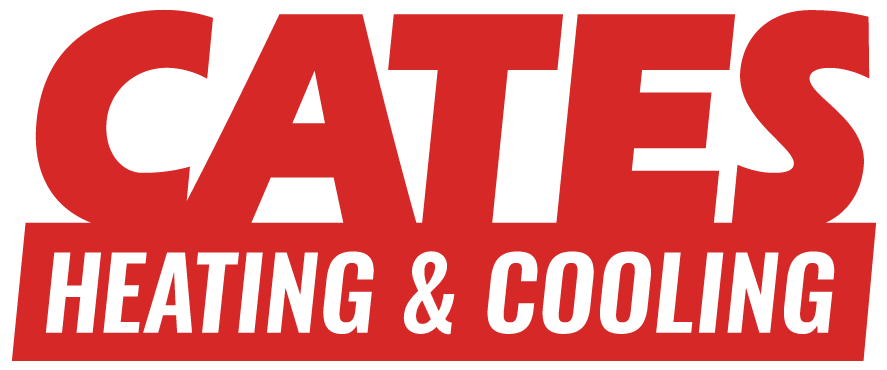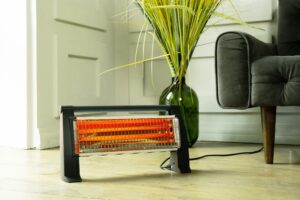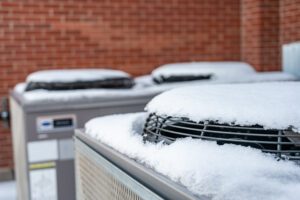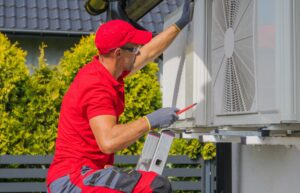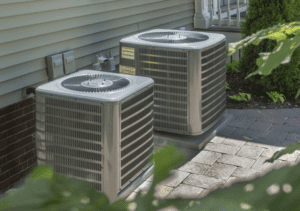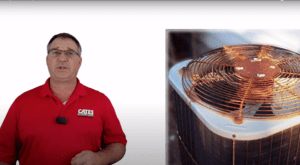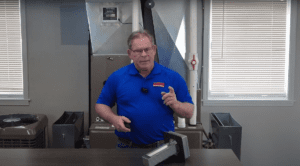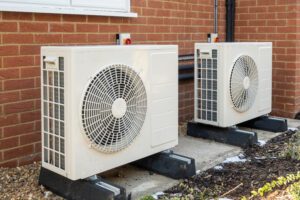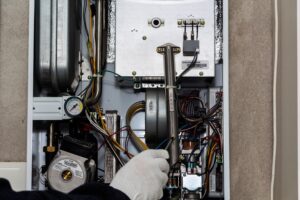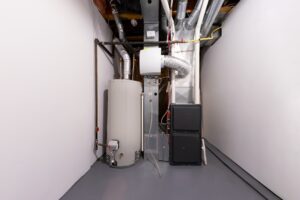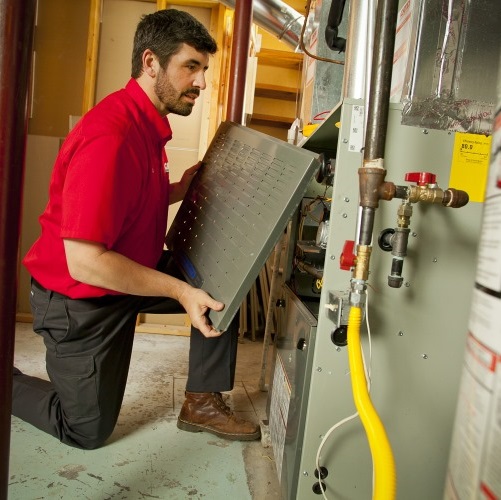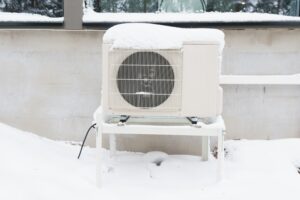So, it’s time to get a new furnace. You could spend days browsing the Internet trying to find the perfect furnace for your home, but it can be a daunting task. With such a large investment, you want to make sure that you are making the right choice. Cates Heating and Cooling has a few tips to help you choose a new furnace.
1. Figure Out the Correct Size
Sizing is extremely important. An improperly sized furnace can run too frequently, which leads to premature damage. Additionally, a furnace that is too small won’t keep your home warm. A furnace that is too large will cost you more money on fuel than you need to spend.
To properly size a furnace, you need to determine the heat output needed in your home. Heat output is measured in British thermal units (Btus). You need to use the square footage of your home, as well as other factors like the number of windows, ceiling height, and insulation.
One easy way to determine the size of the furnace that you truly need is to consider your current furnace. Does it adequately heat your home? If so, you can get a furnace of the same size. However, if you have added on to your home, you are going to need a larger furnace. To be 100 percent sure that you are getting the proper size, you can have an HVAC technician come do an in-home evaluation to tell you what size you truly need.
2. Understand System Types
Central heating systems can work in two different ways. Your home could either have a split or packaged system.
A split system is comprised of a condensing unit, furnace, and coil that sit atop the furnace. These are common in homes with either a basement, crawl space, or attic that can house the system. Packaged systems are units that contain both the heating and cooling components in one outdoor unit.
If you want to change system types, you will need to talk to an HVAC technician to determine the best course of action.
3. Check AFUE Rating
The AFUE (annual fuel utilization efficiency) rating on a furnace tells you how energy efficient a furnace will be. The higher the AFUE rating, the more efficient the furnace. With a high AFUE rating, you are very likely to save money on your monthly heating bills.
A furnace with an AFUE rating of over 90 percent is likely to cost more than an average furnace with an AFUE rating of 80 percent. A high-efficiency furnace can probably save you money no matter where you live, but if you live in an area with long winters, this could be a crucial investment.
4. Consider Fuel Sources
Furnaces can be powered by electricity, gas, or oil. While gas is the most popular due to its availability, it is also a popular choice because it is cheaper than oil or electricity and cleaner than oil. In fact, since 2002, on average, it has been 30 to 50 percent cheaper to heat homes with natural gas than oil. Gas furnaces also tend to be cheaper to purchase and install than oil furnaces.
Electric furnaces are cheaper to purchase and install in areas where natural gas isn’t available, but they are very expensive to operate, which leads people without access to natural gas to choose oil furnaces.
5. Find a Reputable Installer
Installing a furnace yourself can be dangerous. If you hire a shoddy installer, you could also be asking for trouble down the line. It is important that you find a qualified HVAC technician to come install your furnace. Not only will you be protecting your new equipment, but you will also keep your home and family safe from disasters caused by improper furnace installation.
6. Consider Costs
A high-quality furnace can be a costly investment. The first cost to consider is the price of the furnace itself. However, the installation costs can quickly add up, too. When determining how much you are going to pay in total, it is best to speak to an HVAC technician.
You will need to consider the size of the unit, any pre-existing damage to your air distribution system, labor costs, any indoor air quality features you are adding, and more. All of these things can dramatically impact what you spend on purchasing a new furnace and having it installed.
7. Check for Rebates and Other Incentives
In some parts of the country, you can get rebates for having a high-efficiency furnace installed in your home. Along with local incentives, you can get money back for your new furnace purchase and installation. To learn about these offers, you will need to check your local energy efficiency benefits. Most HVAC professionals can help you determine if your purchase will qualify.
These seven tips can help you determine the best furnace for your home. If you have more questions, you can always reach out to a reliable HVAC company like Cates Heating and Cooling. Our technicians are experts at accurately sizing furnaces. To have your furnace sized in the Kansas City Metro Area, call us today at 913-888-4470 (Kansas) or 816-944-1844 (Missouri).
